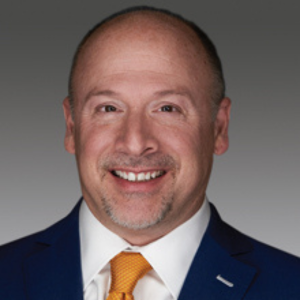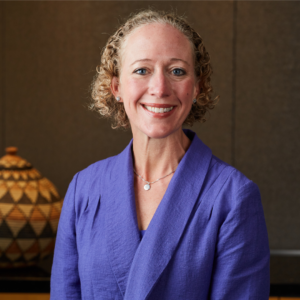Changes would improve end-of-life care, report says
A new report from the Institute of Medicine (IOM) recommends several changes to the U.S. healthcare system to meet the needs of people nearing the end of life as well as the needs of their families.
Specifically, the 21-member committee of experts who wrote the report calls for:
- improved training and credentialing for professional caregivers;
- federal and state government and private sector incentives to patients/residents and professional caregivers to discuss issues, values, preferences and appropriate services and care; and
- more advance care planning for end-of-life by individuals.
“For most people, death does not come suddenly. Instead, dying is a result of one or more diseases that must be managed carefully and compassionately over weeks, months or even years, through many ups and downs,” says Philip Pizzo, co-chairman of the committee, the David and Susan Heckerman Professor of Pediatrics and Microbiology and Immunology and former dean of medicine at Stanford University. “It is important that the healthcare options available to individuals facing the end of life help relieve pain and discomfort, maximize the individual’s ability to function, alleviate depression and anxiety and ease the burdens of loved ones in a manner consistent with individual preferences and choices.”
Established in 1970 under the charter of the National Academy of Sciences, the IOM provides independent, evidence-based advice to policymakers, health professionals, the private sector and the public. In “Dying in America: Improving Quality and Honoring Individual Preferences Near the End of Life,” the IOM committee proposes a model for advance care planning that encompasses the whole process of discussing end-of-life care, clarifying related values and goals and seeing that written documents and medical orders embody people’s preferences. The committee’s model suggests that an initial conversation about values and life goals be held around certain mature milestones, such as obtaining a driver’s license, turning 18, leaving home and getting married. Additional situation-specific planning should occur for those in high-risk occupations, at the onset of a chronic illness, when applying for Medicare, when health worsens and in the final year of expected life, when that seems to be known, the committee says. These conversations can be guided by physicians, social workers or other professionals but always should include family and loved ones, according to the report. The conversations should address the person’s preferences, including possibly identifying a healthcare agent for the individual if he or she is not in a position to effectively represent his or her own interests.
In addition, committee members say, clinicians should initiate high-quality conversations about advance care planning and integrate them into the ongoing care plans of patients/residents. To facilitate such discussions, the committee calls for improved training and certification—specifically regarding communication skills, interprofessional collaboration and symptom management—for all clinicians who care for those with serious illness so they can provide quality end-of-life care consistent with the person’s values and preferences. In addition, federal and state government and private-sector payers should provide incentives to patients/residents and clinicians to discuss end-of-life matters, document patient/resident preferences and provide appropriate services and care.
“Individuals should have time with their doctors to talk about end-of-life issues, and clinicians should receive the training and financial incentives for such discussions,” says Dave Walker, co-chairman of the committee and former U.S. comptroller general.
“Dying in America: Improving Quality and Honoring Individual Preferences Near the End of Life” can be downloaded at no cost from the IOM website.
I Advance Senior Care is the industry-leading source for practical, in-depth, business-building, and resident care information for owners, executives, administrators, and directors of nursing at assisted living communities, skilled nursing facilities, post-acute facilities, and continuing care retirement communities. The I Advance Senior Care editorial team and industry experts provide market analysis, strategic direction, policy commentary, clinical best-practices, business management, and technology breakthroughs.
I Advance Senior Care is part of the Institute for the Advancement of Senior Care and published by Plain-English Health Care.
Related Articles
Topics: Advocacy , Regulatory Compliance










